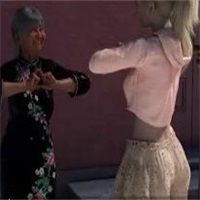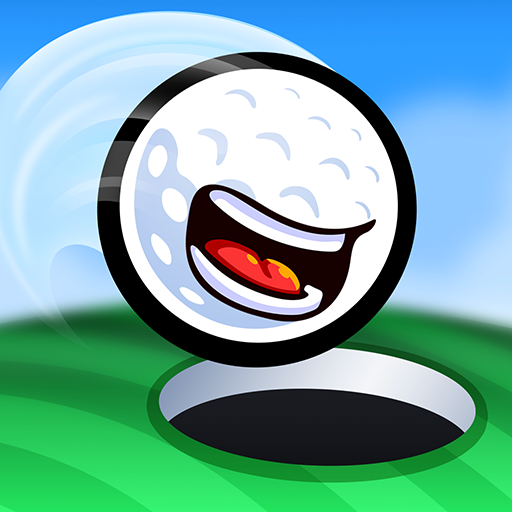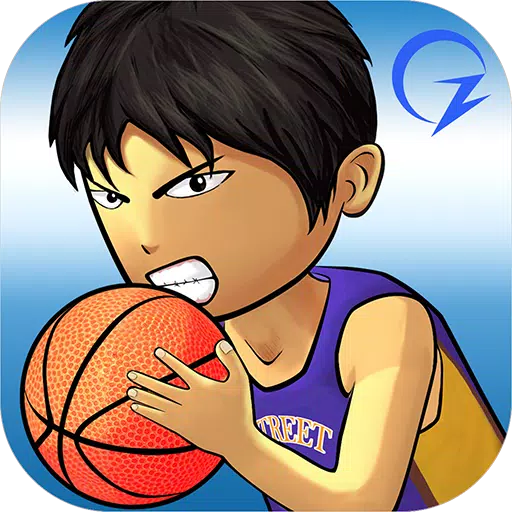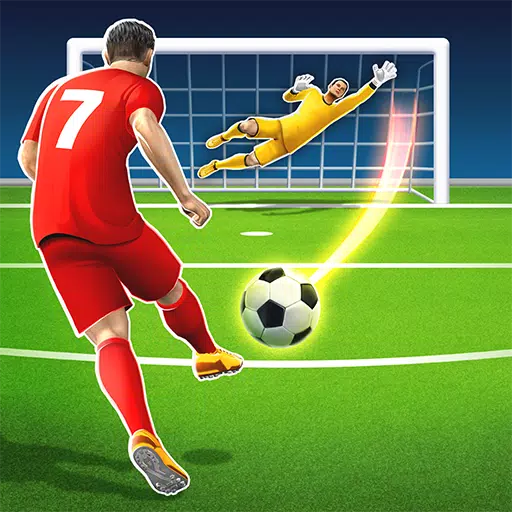Japanese Scientists Develop VR Game to Enhance Vision
With the abundance of smartphones, game consoles, and computers in our daily lives, it's no surprise that screen time has skyrocketed. Unfortunately, this excessive screen exposure isn't doing our eyes any favors. Anyone who’s experienced the uncomfortable aftermath of eye strain after hours of gaming or scrolling knows the toll it can take. Constantly staring at screens tires out the ciliary muscles—those tiny muscles in your eyes responsible for focusing—potentially leading to near-sightedness.
But what if the solution to screen-related vision problems wasn’t to stop gaming—but to start gaming more strategically? A recent experiment from Kwansei Gakuin University in Japan suggests that virtual reality (VR) gaming could actually help improve eyesight. While further research is needed, early findings hint at a future where VR might be used to assist people suffering from mild myopia (near-sightedness) in regaining sharper vision.
How the VR Game Works
The research team developed a straightforward yet effective VR target-shooting game using Unity for the Meta Quest 2 headset. The gameplay involves three lanes, each containing a circular target mounted on a stick. When players press the trigger button on the controller, a virtual laser beam activates. Pointing the laser at a lane highlights the target and switches the player into "aim" mode.
To land a successful hit, players must move the controller’s joystick in the direction indicated by a small Landolt C—a symbol commonly used in Japanese vision tests. This black ring with a gap helps train the eyes to focus precisely, forcing players to pay close attention to subtle visual details.
Eye Exercise Through Gameplay
The game was designed specifically to exercise the eye muscles. By alternating focus between targets at varying distances and analyzing the orientation of the Landolt C, players unknowingly engage in a structured eye workout. After each round, players are shown an arcade-style results screen displaying hits, misses, combos, and whether they set a new personal record—adding a competitive edge that kept participants engaged.
Promising Results
Over the six-week study period, all participants showed some degree of visual improvement. Notably, those with severe myopia experienced greater benefits the more frequently they played. While these results are encouraging, the study involved only 10 young adults aged 22 to 36, so larger, more diverse trials are necessary to validate its effectiveness as a potential treatment for near-sightedness.
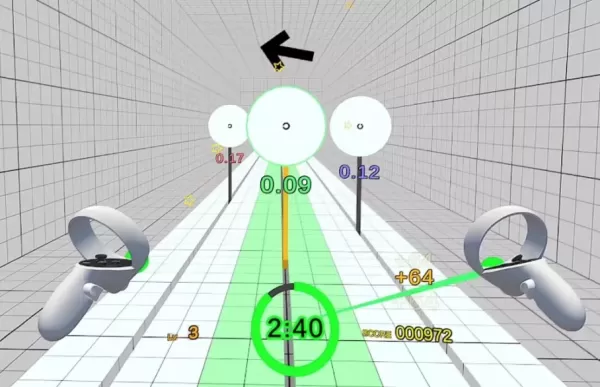
What’s Next?
According to the Japanese research paper, the team plans to conduct additional experiments to better understand the long-term impact and scalability of this VR-based vision training method. If future studies confirm these early findings, we may be looking at a revolutionary approach to vision therapy—one powered not by eye drops or glasses, but by immersive gaming technology.
- 1 Zenless Zone Zero [ZZZ] Codes (December 2024) – 1.4 Livestream Codes Feb 08,2025
- 2 Capcom Spotlight February 2025 and Monster Hunter Wilds Showcase: Everything Announced Mar 05,2025
- 3 New LEGO Sets for March 2025: Bluey, Harry Potter, and More Mar 06,2025
- 4 Gothic 1 Remake Demo: Frame-by-Frame Comparison with Original May 01,2025
- 5 PUBG Mobile Redeem Codes for January 2025 Live Now Feb 13,2025
- 6 "Assassin's Creed Shadows Unveils Canon Mode" Apr 26,2025
- 7 Roblox's RNG War TD Codes Unleashed (2025 Update) Feb 12,2025
- 8 Pokémon TCG Pocket Unveils Premium Pass and Trade Tokens Apr 21,2025
-
Top Business Management Apps for Android
A total of 10
-
Best Racing Games to Play Now
A total of 10
-
Best Competitive Multiplayer Games on Android
A total of 10










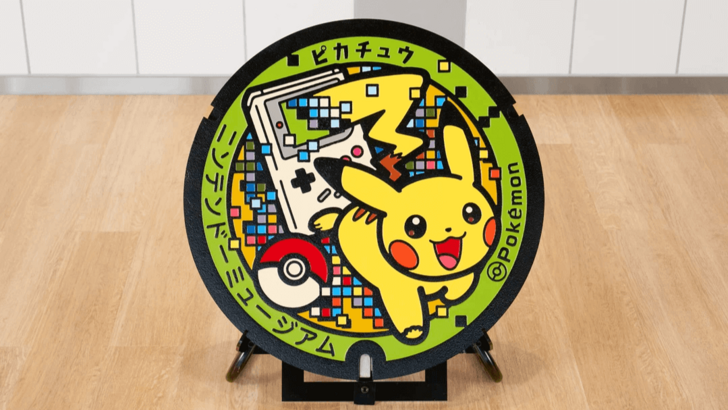

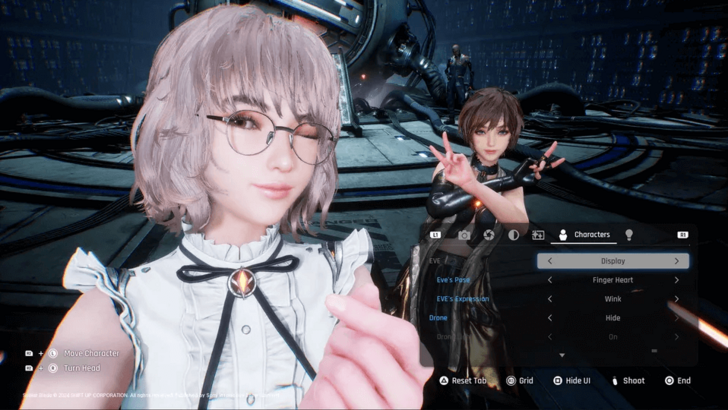
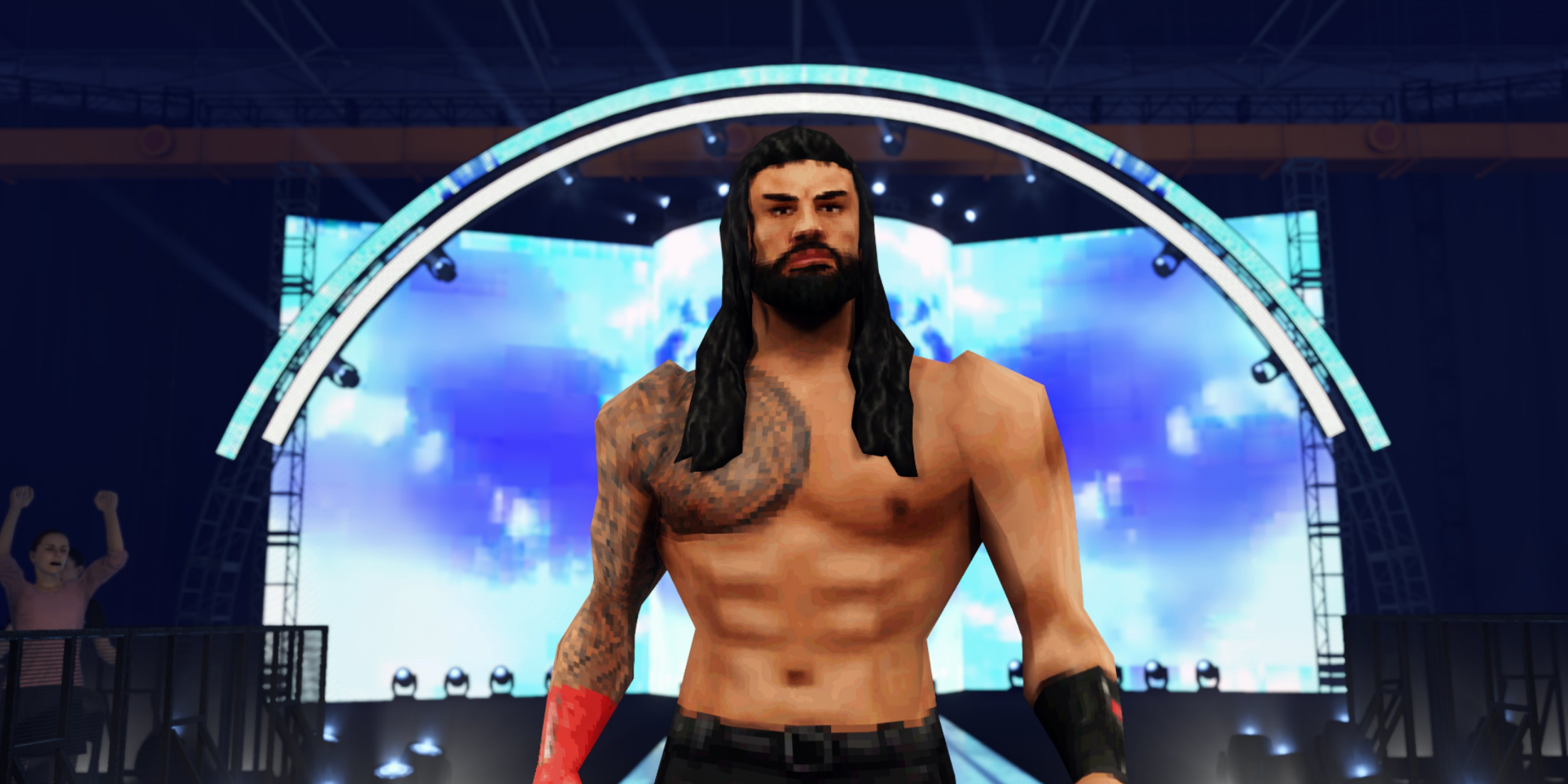


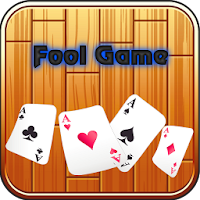
![Business of Loving [v0.12.5i] [Dead End Draws]](https://imgs.96xs.com/uploads/18/1719555107667e5423ef803.jpg)
